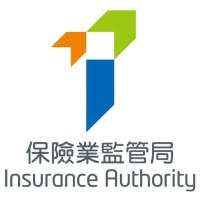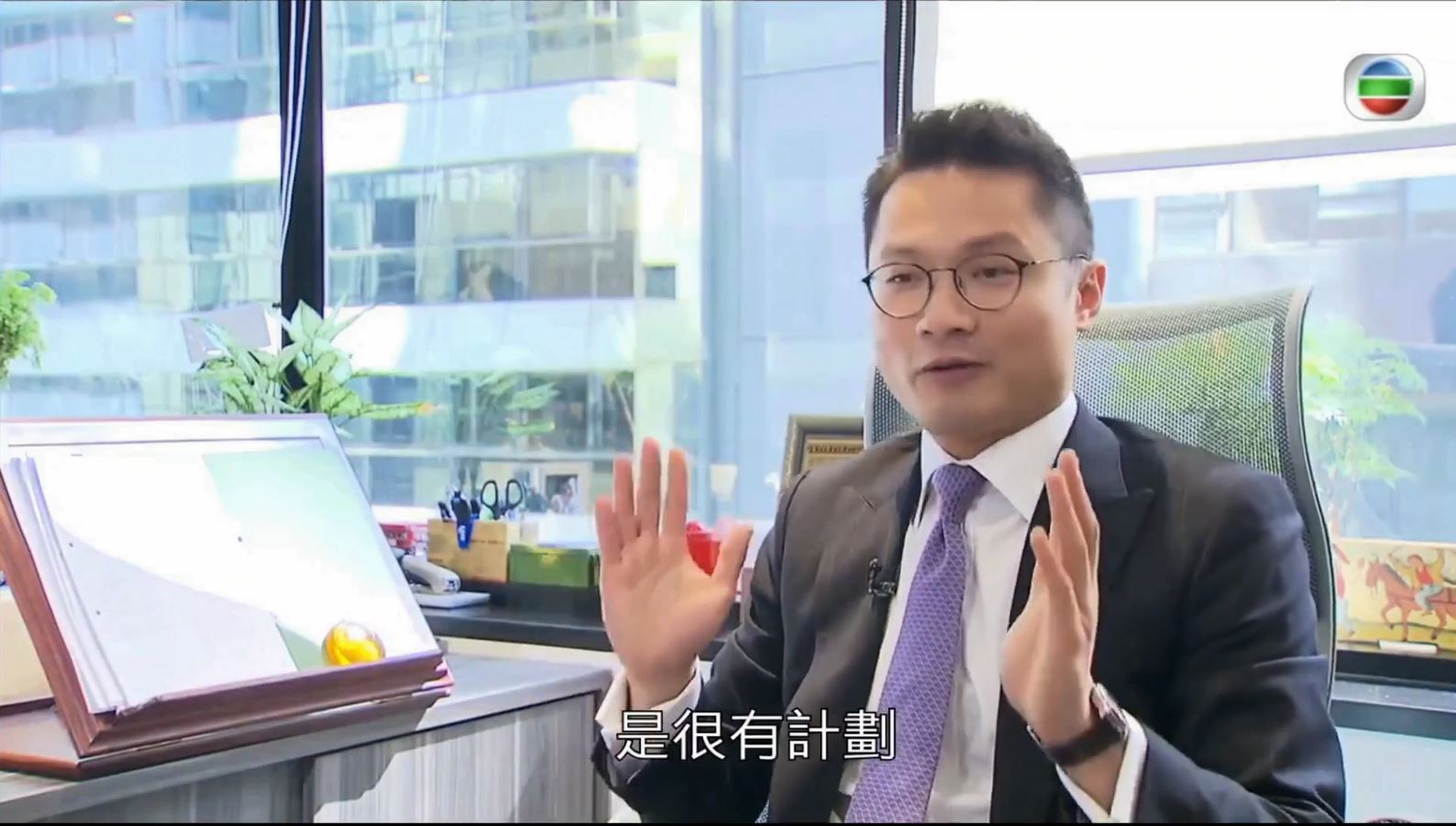Regulatory Enforcement Update 2021: Insurance Authority

Under the old regulatory regime of the insurance industry, Haldanes successfully defended insurance practitioners in disciplinary proceedings commenced by the Insurance Agents Registration Board (“IARB”) and the Hong Kong Confederation of Insurance Brokers (“CIB”) and quashed the disciplinary actions imposed by the authorities. Haldanes has also recently represented clients in regulatory investigations conducted by the Insurance Authority (“IA”).
With the benefits of such experience, we set out below an overview of the regulatory framework under the amended Insurance Ordinance (Cap 41; the “Ordinance”) and the investigation powers of the IA.
(A) The Insurance Authority – the new regulatory regime
Established under the Insurance Companies (Amendment) Ordinance 2015, the IA is an independent statutory body which regulates and supervises the insurance industry, insurers and insurance intermediaries.
After taking over the regulatory functions of the Office of the Commissioner of Insurance in June 2017 and the three self-regulatory bodies (namely, IARB, CIB and the Professional Insurance Brokers Association (PIBA)) in September 2019, the IA is empowered with greater authority to monitor the industry and protect the interest of various stakeholders.
(B) What are the expectations and standards of the IA?
Any person who carries out a “regulated activity” must be licensed by the IA. Under Part 1 of Schedule 1A of the Ordinance, “regulated activity” means:
- the act of negotiating or arranging a contract of insurance;
- the act of inviting or inducing, or attempting to invite or induce, a person to enter into a contract of insurance;
- the act of inviting or inducing, or attempting to invite or induce, a person to make a material decision;
- the act of giving “regulated advice”.
“Regulated advice” is defined in Part 3 of Schedule 1A which includes proposing, renewing, terminating or changing any terms in a contract of insurance.
Fit and Proper Criteria
A person who wishes to carry out a regulated activity in Hong Kong must apply to the IA for an insurance intermediary licence. The IA will only grant licences to people who are considered “fit and proper” under section 64U(5) of the Ordinance. The IA has outlined the criteria to determine the fitness and properness of licensed insurance intermediaries in the “Guideline on Fit and Proper Criteria for Licensed Insurance Intermediaries under the Insurance Ordinance Cap. 41”.
Conduct requirements
The IA has listed the fundamental principles behind the professional conduct it expects from the industry players in sections 90 to 92 of the Ordinance. For example, a licensed insurance intermediary must act honestly, fairly, in the best interest of the policy holder and with integrity, and that he/she must exercise a level of care, skill and diligence that may reasonably be expected of a prudent person.
To elaborate these new requirements, the IA has published two sets of codes of conduct, namely “Code of Conduct for Licensed Insurance Agents” and “Code of Conduct for Licensed Insurance Brokers”. Further, the IA has issued various sales-related guidelines, for instance, “Guideline on Cooling-off Period” and “Guideline on Sale of Investment-Linked Assurance Scheme Products” to provide practical guidance to practitioners.
(C) What should I do if I am being investigated by the IA?
Under sections 41D (for insurers) and 64ZZH (for insurance intermediaries) of the Ordinance, the IA can commence investigation if it has reasonable cause to believe that:
- a provision of the Ordinance may have been contravened;
- a person may have been involved in defalcation, fraud, misfeasance or other misconduct in relation to the carrying on of insurance business; or
- a person has carried on, or is carrying on, insurance business in a manner that is not in the interests of policy holders or potential policy holders or the public interest.
Investigation Powers of the IA
The investigative powers of the IA are conferred under sections 41B and 41D (for insurers) and sections 64ZZF and 64ZZH (for insurance intermediaries) of the Ordinance. In summary, an IA inspector has the power to:
- Enter any business premises of the insurer or an intermediary;
- Inspect and make copies of business records;
- Make inquiries concerning a business record or a transaction;
- Require production of a record or document relevant to the investigation;
- Require an explanation or further particulars in respect of a document produced;
- Require a person to attend investigation interviews to answer questions; and
- Provide written answers to the IA’s questions.
It is a criminal offence if a person, with intent to defraud or without reasonable excuse, fails to comply with the requirements of the IA (sections 41G (for insurers) and 64ZZL (for insurance intermediaries)). Any person who fails to comply with the requirements may be inquired by IA through applications to the High Court (sections 41F (for insurers) and 64ZZK (for insurance intermediaries).
Use of Incriminating Evidence and No Right of Silence
Particular attention should be paid to sections 41H (for insurers) and 64ZZM (for intermediaries) concerning the use of incriminating evidence in criminal proceedings. As stated above, failure to comply with the requirements of the IA would constitute a criminal offence. Hence, a person under investigation or even a witness has no right to remain silent during an IA investigation interview. There may be a risk that self-incriminating evidence may be produced during the process which may expose the person to criminal liabilities.
However, if a person makes a claim under sections 41H and 64ZZM that the answer might tend to incriminate him/her before giving that answer, then such answer will not be admissible in evidence against that person in any criminal proceedings.
This is akin to the protection conferred under section 187 of the Securities & Futures Ordinance for SFC investigations.
Non-disclosure Obligation under the Ordinance
A person being investigated is bound by the non-disclosure obligation under sections 121(2) and 121(3) of the Ordinance. The non-disclosure obligation prohibits disclosure of any communication with the IA in relation to the investigation or any information obtained in the course of an inspection, investigation or disciplinary action undertaken by IA. This is subject to exemptions whereby the communication is for the purpose of seeking legal advice (section 121(4)(b)) or when an express consent is granted by the IA (section 121(2)(a)).
The non-disclosure obligation aims to preserve confidentiality of investigations conducted by the IA. Hence, the same obligation applies to both persons under investigation (i.e. suspects) and persons who are assisting the investigation (i.e. witnesses).
A person who contravenes the non-disclosure obligation commits a criminal offence and is liable to a maximum fine of HK$25,000.
(D) What kind of disciplinary actions would I face?
According to sections 41P (for insurers) and 81 (for regulated persons) of the Ordinance, the IA can take disciplinary actions including:
- revoking or suspending the authorization of the authorized insurer or the license of an insurance intermediary (as the case may be);
- revoking or suspending the approval of a person as a responsible officer of an intermediary;
- prohibiting a person from applying to be licensed or from being appointed as a responsible officer;
- prohibiting the authorized insurer from applying to be authorized to carry on a class of insurance business;
- reprimanding the authorized insurer or the regulated person publicly or privately; and/or
- ordering the authorized insurer or the regulated person to pay a pecuniary penalty not exceeding the amount which is the greater of HK$10 million or 3 times the amount of the profit gained or loss avoided as a result of the misconduct.
(E) Can I make an appeal if I am not satisfied with the IA’s decision?
The Insurance Appeals Tribunal (the “IAT”) is established under section 97 of the Ordinance for any appeals against the decisions made by the IA, which comprises a chairperson and two members. The IAT will be chaired by either a former judge or a person who is eligible for appointment as a High Court judge.
According to Section 100 of the Ordinance, a written application for review of a specified decision must be brought to the tribunal within 21 days after the notice of the decision has been served. If the party is dissatisfied with the determination of the review, an appeal can be lodged to the Court of Appeal under section 112.
Section 103 of the Ordinance reassures the parties’ immunity to the use of incriminating evidence given for review, which protect the parties’ rights in giving evidence to assist the review.
(F) Who to contact for any legal advice?
With our rich experience in advising clients, institutions and professionals on regulatory and disciplinary matters, Haldanes, as a local Hong Kong law firm can provide timely and practical legal advice on investigation interviews, production notices and disciplinary proceedings instituted by the Insurance Authority and other regulatory bodies.
For further information about our Security, Disciplinary and Regulatory Matters practice, please click here.

